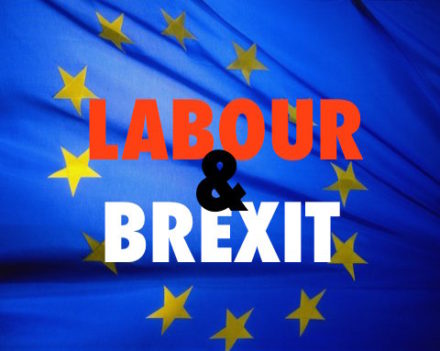
Arts and culture have not been seen as a political priority for many years. The Government did issue a white paper in March 2016 which was the first since Jennie Lee’s in 1965, but it was dismissed in a national newspaper editorial as an “unworthy successor”. Indeed The Culture White Paper contained no new initiatives, no new core funding, no connection with the work of other government departments, and no broader sense of mission. There remains an abiding feeling across the political spectrum that arts and culture are something that’s nice to have, but an expendable luxury in tough times and not high on the list of what voters care about.
The truth is, however, that arts and culture are of critical political importance; and sustaining them presents a policy challenge that must be urgently addressed. Successful political parties are able to tell a simple story about the country, that’s built from the ground up. It is the story of how we do things every day, the troubles we face, the successes we celebrate, the dreams we dwell on. If a political party is unwilling to think about art, creativity and culture then it is closing its ears to the fundamentals of life as it is lived, and denying itself the ability to give voice to it. The cultural theorist Raymond Williams said that we use the word culture in two senses: to mean “a whole way of life”, the common meanings that develop between us; and to mean “arts and learning – the special processes of discovery and effort”. It is this collision of how we understand our lives together and how we ultimately give expression to this understanding that makes art and culture the lifeblood of any broad-based political project.
But it is clear that cultural life in this country faces very real challenges, as the state withdraws and institutions and services that have relied on public funding seek new ways to survive. While George Osborne’s 2015 autumn statement spared the big national arts institutions further cuts – a move which the Arts Council chief praised as “an astonishing settlement for arts and culture” – the squeeze on local authorities tightened even further. With cuts of more than 50 per cent over the spending review period to the central government grant to local authorities, the temptation to close or restrict access to local arts institutions will only increase. Lancashire county council has closed five museums this year; Derby council is consulting on plans which could remove the bulk of local authority funding from the city’s museums by 2020.
So the left has both an opportunity and a challenge in developing a new cultural story in the coming years. As the “northern powerhouse” project takes root across the country, Labour-led authorities can seize this moment to build a civic socialism, shaped around their distinctive local identity and cultural heritage. But they must do so at a time when local culture is facing an unprecedented threat and the sustainability of much of our community infrastructure is at risk.
In contrast to New Labour’s focus on big, shiny national institutions, the Labour party must now embed its arts approach in the places people live and interweave it with people’s day-to-day experiences. It is not just that funding restraints require this; it is the only way to respond to the rich diversity of our local traditions. As the world gets bigger, more challenging and more complex, and Britain’s role within it becomes more uncertain, our local identities matter more and more. A rich cultural life in our towns, cities and villages can help us make sense of the diverse and fast-moving world around us, and enable us to forge the strong social relationships we need to sustain our lives within it.
In formulating a fresh approach to supporting the arts, it will be a crucial test of the extent to which Labour is capable of a different approach to politics; one that looks beyond the old administrative politics of centrally directed tax and spend, towards a more collaborative, plural and decentralised socialism. For our cultural life is far too rich to be run from the centre; but yet it will always need nurturing in order to flourish. This means finding creative new approaches to designing and managing services like libraries, and brokering new partnerships and identifying new sources of funding to keep galleries, theatres and museums open and accessible to all.
Brexit revealed to the political class the extent to which we are a nation divided – and it exposed the chasm that has grown between the Labour party and large areas of the country that once formed the bedrock of the Labour movement. People’s sense of identity is now the cornerstone of our politics, but the left lacks a language that is capable of reflecting it. In this moment of great national uncertainty, the left must seize the opportunities presented by devolution to forge a new civic socialism based around local pride of place; experiment with new models of running essential services that build partnerships across sectors; and empower people to take control of their own cultural life in their own communities. If Labour can do this, its “story” will begin to write itself.
Ed Wallis is editorial director and senior research fellow at the Fabian Society. Civic Socialism: A new agenda for arts and culture is published today



More from LabourList
Exclusive: Poll shows Starmer more trusted than PM on Middle East crisis
Revealed: Poll shows 1 in 4 Tory voters says Rayner faces ‘smear campaign’
‘Ignore the noise – the soft left is alive and well in Open Labour and beyond’